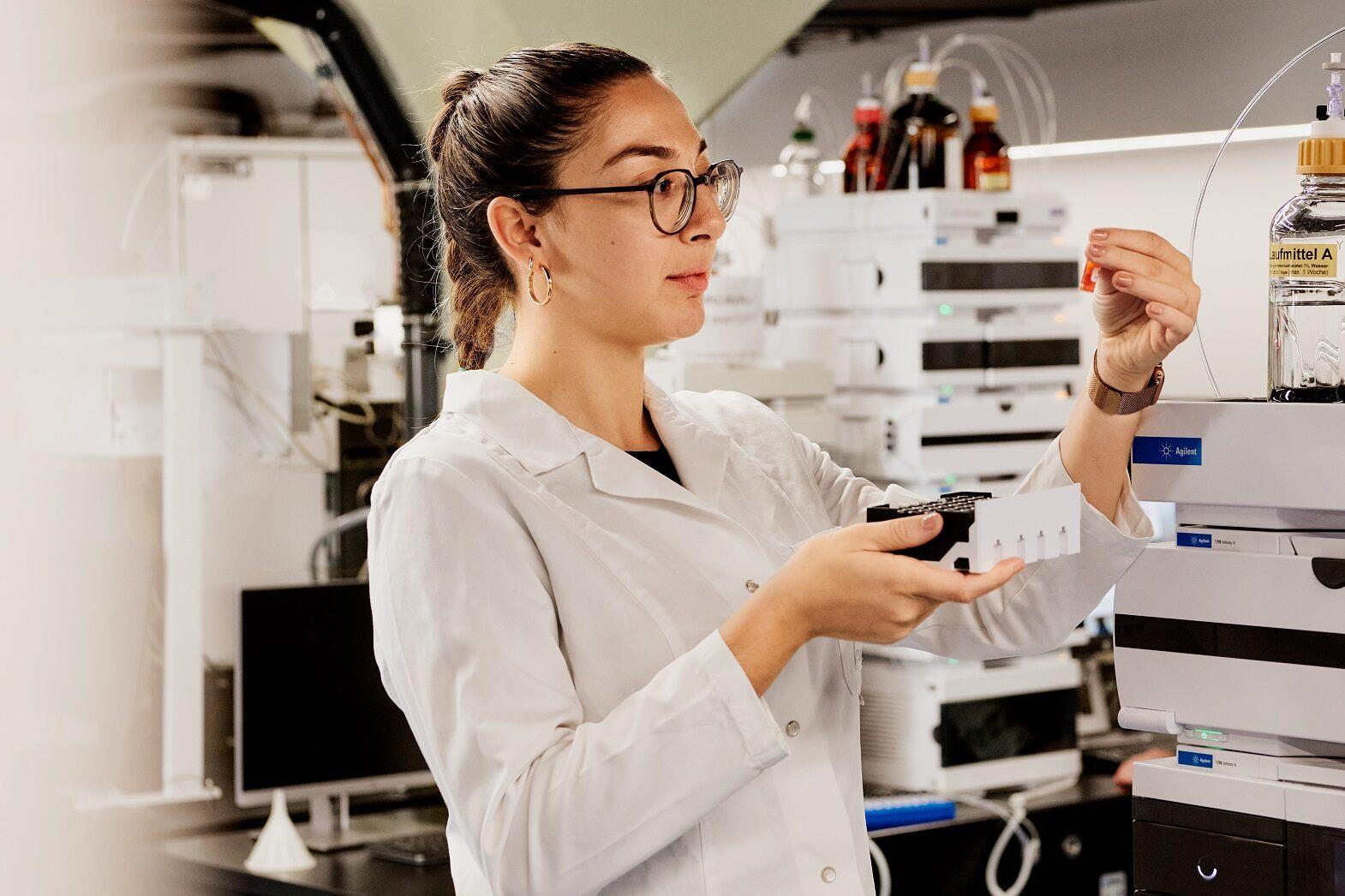The textiles and leather industries are key contributors to the chemicals released into our environment. At the same time consumers and policymakers increasingly demand apparel, footwear, textiles, and leather that are not only harmless to health and of high quality, but also do not harm the planet. This complexity makes it challenging for brands and manufactures to choose responsible chemicals within their production processes.
In fact, the use of chemicals should be carefully considered before the production has even started. “Input chemistry has a significant effect on product safety, the environment and circularity”, says John Murphy, Technical Director Europe of Hohenstein Group. “Greener chemistry proactively removes hazardous substances before they enter supply chains. It is far more effective than rejecting unsafe finished goods or reversing environmental damage.” The international OEKO-TEX® association supports the textiles and leather industries with their analysing and certification system OEKO-TEX® ECO PASSPORT. It enables suppliers to select better chemistry and prevents toxins and impurities from entering factories, products, and ecosystems.
OEKO-TEX® ECO PASSPORT targets chemicals, colourants and auxiliaries used to manufacture apparel, footwear, textiles, and leather. The multi-stage verification process analyses whether chemical products and individual ingredients meet specific requirements for sustainability, safety, and statutory compliance. Being part of the traceable OEKO-TEX® system, ECO PASSPORT certified chemicals reduce risk and testing costs for downstream customers. ECO PASSPORT limits are directly tied to OEKO-TEX® STANDARD 100 and OEKO-TEX® LEATHER STANDARD certifications and harmonized with OEKO-TEX® STeP certification for responsible facilities.
Being close to the market, and ideally, one step ahead is essential to supporting companies who are adapting to constantly changing conditions and meeting consumer expectations. For this purpose, cooperation, and exchange with experts from different parties are particularly valuable to OEKO-TEX®. Therefore, the association has established a collaboration agreement with ZDHC to enhance the principles of sustainable chemical management and cleaner chemistry across the global textile value chains. ECO-PASSPORT is recognised by the ZDHC as up to MRSL 3.1 conformance Indicator Level 3, currently the highest conformity level.
Dive deeper into the topic of input chemicals and how to control them by reading the interview with John Murphy, Technical Director Europe of Hohenstein Group.










Comments